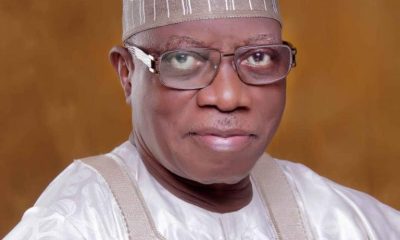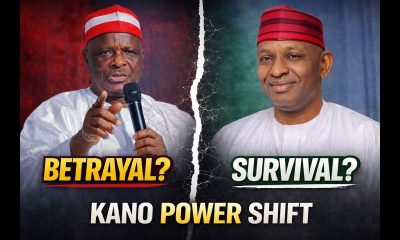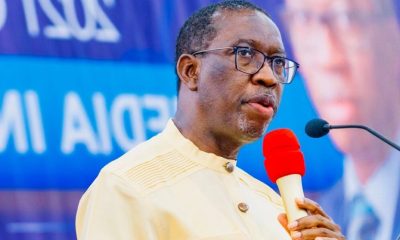Senate President Godswill Akpabio has addressed concerns over the recent fuel price hike, attributing the increase to the government’s deregulation policy.
Akpabio assured Nigerians that the Senate would intervene if required, particularly if market forces push prices excessively high.
Speaking after Thursday’s plenary session, he said, “The removal of subsidies ensures funds are reallocated to other essential needs, and I don’t foresee any immediate increase in the pump price.”
The Senate President’s remarks align with the Federal Government’s rationale for the hike, emphasizing that subsidy removal is aimed at channeling resources to critical sectors.
Despite these assurances, Nigerians continue to express anxiety, given the widespread economic hardship they already face.
Akpabio added that with the expected operation of the Dangote Refinery and the revitalization of other refineries, the fuel price could stabilize or even decrease. “Initially, prices may rise, but I strongly believe we might not see higher pump prices in the long run,” he remarked.
READ ALSO: Fuel price hike: NACCIMA warns of impending economic crisis
This scenario is reminiscent of 2016 when the Senate supported a fuel price hike from N86.50 to N145 per liter, citing the need to curb subsidy-related corruption and allocate funds to more productive areas.
However, in that instance, the government introduced palliatives to cushion the impact on citizens.
The big question now is whether Senate intervention can effectively mitigate the current economic strain.
Historically, the Nigerian Senate has endorsed such price increases but underlined the importance of relief measures to ease the burden on the populace.
Senate intervention might involve targeted fiscal policies like increased government spending, tax relief, or subsidies aimed at protecting vulnerable Nigerians.
Whether these measures will succeed in relieving economic hardship depends on how well they are implemented and if they are grounded in sound, evidence-based policymaking.

 Football7 days ago
Football7 days ago
 News6 days ago
News6 days ago
 Comments and Issues1 week ago
Comments and Issues1 week ago
 Comments and Issues1 week ago
Comments and Issues1 week ago
 Comments and Issues1 week ago
Comments and Issues1 week ago
 Latest1 week ago
Latest1 week ago
 Comments and Issues1 week ago
Comments and Issues1 week ago
 Health7 days ago
Health7 days ago

